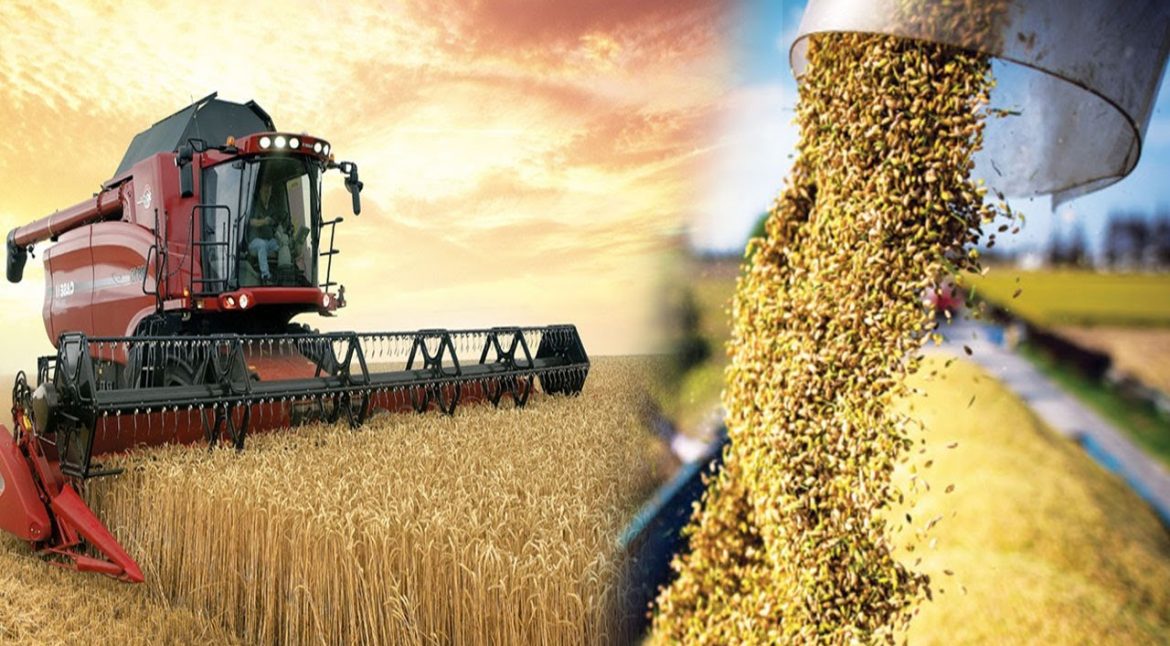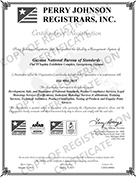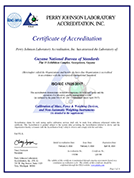Over the last couple of weeks, the rice industry has been buzzing with activities as the harvesting of the first rice crop for 2022 commenced in the various rice-growing regions of Guyana. As farmers aim to maximize profits from their yields, millers are aiming to buy and stockpile paddy at a competitive market price. Accuracy and transparency in all transactions is crucial to ensure that the interests of both farmers and millers are protected.
As the organisation legally responsible for measurements in Guyana by virtue of the 1981 Weights and Measures Act, the Guyana National Bureau of Standards (GNBS) works to ensure farmers and millers benefit from a reliable measurement system in the industry. The Bureau also has several standards to streamline the production processes and ensure quality rice is produced for local consumption and export.
For Weights and Measures, transparency between farmers and millers is primarily critical in testing for the moisture content of paddy and the accurate determination of weights supplied. These aspects, individually and collectively, affect the actual price millers pay to farmers for their paddy.
During the months of January and February, prior to the rice crop (harvesting), Legal Metrology Inspectors of the GNBS worked feverishly to complete the verification of measuring instruments used throughout the industry, including weighbridge scales, platform scales, hopper scales and smaller laboratory scales. Verification was conducted at rice mills in Regions 2, 3 4, 5 and 6.
Meanwhile, millers have been submitting their commercial type of moisture meters used to determine the moisture content of paddy to the GNBS Main Office and its branch offices in Regions 2 and 6. Early last year, the Bureau commenced the verification of the commercial types of moisture meters instead of those domestic types used in the industry over the years. The commercial moisture meters are more applicable to production seen across the industry, and the GNBS has been exceptionally pleased with the responsiveness of millers in making this crucial change over.
Apart from ensuring reliable measurements, the implementation and use of standards are very important and can be considered essential for addressing quality issues in the rice industry.
The CARICOM Standard –Specification for Rice” (GCP 10:2003) which is also a National Standard prescribes hygienic and safety practices for the processing, packaging, storage, and transport of rice for human consumption.
By implementing this standard, producers within the industry can meet production and harvesting requirements, hygienic processing requirements, along with design and facilities requirements. Conforming to the requirements of this and other related standards could help to improve quality, increase production efficiency, and protect consumers’ health and safety.
As farmers continue to supply their paddy to the mills, it is important for them to be present to oversee the measuring of paddy, and to ensure that scales and moisture meters are verified. Importantly, scales must indicate zero before weighing commences.
For millers, it is important that they allow farmers to witness the weighing of paddy and the processes of determining moisture and dockage contents. Additionally, millers should promptly address queries raised by farmers to ensure transparency, and ensure all transactions are conducted in the SI (Metric) units of measurement.
For further information, call the GNBS on telephone numbers: 219-0065 or visit the GNBS website: www.gnbsgy.org or facebook.com/gnbsgy






